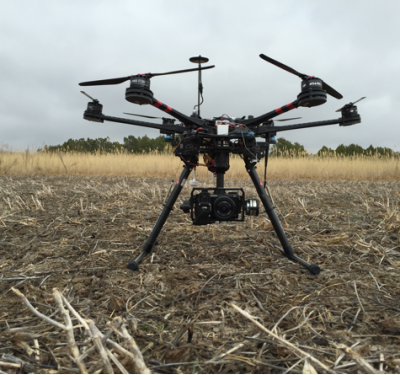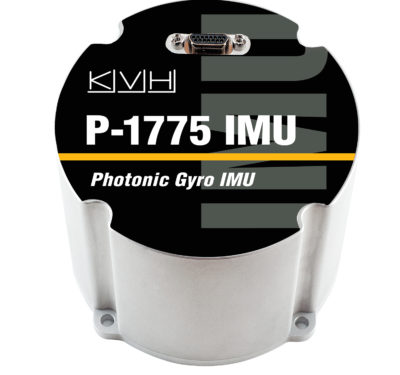The U.S. Transportation Department (DOT) released its Federal Automated Vehicle Policy Tuesday, detailing safety and regulatory requirements for testing and implementing self-driving technology.
The much-anticipated policy uses a 15-point safety assessment to set expectations for autonomous vehicle researchers and manufacturers. The assessment asks automakers to opt-in to data sharing when testing and evaluating self-driving cars.
“During track and road testing, actual hardware must be validated—that’s a lot of ground to cover. Data sharing is an important element,” said Chris Gerdes, National Highway Traffic Safety Administration chief innovation officer. “We believe this is the first step in a long process to get autonomous vehicles on the road. We want to engage the research community to move forward.”
In a conference call with researchers, NHTSA officials insisted the policy will be proactive and will change when it needs to. “This policy is a starting point. We are collaborating and working with stakeholders already,” said Tim Johnson, of NHTSA’s research center. “This is a living document. As more research and data are updated, we will solicit feedback from the public.”
NHTSA also released enforcement guidance for automated vehicle technologies. The agency said that semi-autonomous driving systems that fail to account for distracted or inattentive drivers may be subject to recall.
New Policy May Trump State Regulations
With state governments already crafting their own autonomous vehicle rules and policy, DOT hopes this new document will serve as a framework for a national rollout by effectively replacing, or suggesting replacement, to those local laws.
DOT said there are several policy areas that require public notice and comment through regular government rulemaking process. DOT is soliciting public comments for the next 60 days on the
policy, which is available at www.transportation.gov/AV. In addition, DOT said there will be two open meeting this year to discuss the policy.
The non-mandatory aspects of the policy provisions concern transportation experts such as Marc Scribner, a Competitive Enterprise Institute fellow.
“NHTSA cannot credibly say it is merely recommending voluntary, nonbinding actions and then turn around and tell other government agencies to mandate them. If NHTSA wishes to mandate automated vehicle performance safety assessments, it should go through the normal rulemaking process as required under the Administrative Procedure Act,” Scribner said. “Trying to coax state governments into mandating ‘nonbinding’ federal policy does not inspire confidence that NHTSA is planning to play above board. Congress should take note.”






